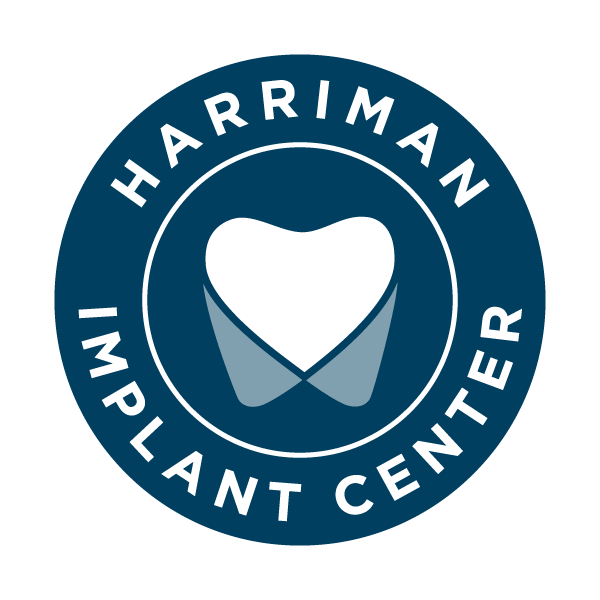We have long understood the association between gum disease and heart problems. Although we are not certain of the exact mechanism that links the two phenomena, there are enough strong correlations that the connection seems well established.
But what about other types of oral infections, such as infected teeth? Infected teeth, also called abscessed teeth, contain many bacteria, and these bacteria can potentially travel through the body similar to the way gum disease bacteria does. Now new research suggests that there is also a link between endodontic infections and heart disease.

Shuffle and Sort
For this study, researchers took an unusual approach. They were working with a population from the Finnish Parogene study, which included 508 patients with a mean age of 62 years. These patients had detailed heart studies and dental exams performed. Then patients were divided up according to the results of their exams. The population included:
- 123 patients with no significant coronary artery disease
- 184 with stable coronary artery disease
- 169 people with acute coronary syndrome (ACS)
- 32 people with ACS-like symptoms but no coronary artery disease
Coronary artery disease occurs when the arteries of the heart become partially blocked with arterial plaque. Arterial plaque is made of many things, including oral bacteria. Living oral bacteria has been found in arterial plaque, which helps link gum disease and coronary artery disease. Acute coronary syndrome is when the arteries in your heart become blocked to the extent that heart attack is likely in the near future.
Researchers also sorted patients according to the results of their dental exams, dividing them up into groups:
- 210 patients with no signs of infected teeth
- 222 patients with space at the tips of the root canals in the bone and/or a loss of bone around the tip of the teeth
- 76 patients with two or more teeth with bone loss
The patients with no infected teeth were included in the group with no signs of infected teeth.
Then researchers ran a statistical analysis to find out if there seemed to be any association between those that had infected teeth and those that had heart disease.
They found that those with spaces around their teeth were almost twice as likely to have coronary artery disease. Those with some signs of tooth infection were nearly 2.5 times more likely to have ACS.
Can Treatment Reduce Risks?
One intriguing finding of this study is that people who had lesions around teeth that hadn’t been treated actually had the highest risk of the most serious heart problem, ACS. They were about 2.75 times more likely to develop this heart condition that likely indicated a heart attack might be in the near future. From this, researchers speculated that it’s possible root canal therapy might actually reduce a person’s risk of heart attack.
Of course, these findings are still very preliminary. Unlike gum disease, we don’t have a good body of evidence to support the connection between infected teeth and heart attacks. And there is no good evidence to support the preventive power of root canal therapy.
But there are many benefits of root canal therapy that make it a good procedure to consider. A tooth treated by root canal therapy is in some ways even better than a dental implant–it has the same degree of success and if it fails, you can replace it with a dental implant, but not the other way around.
If you are looking for a dentist in or around Harriman, NY, please call today for an appointment at Harriman Family Dental.



